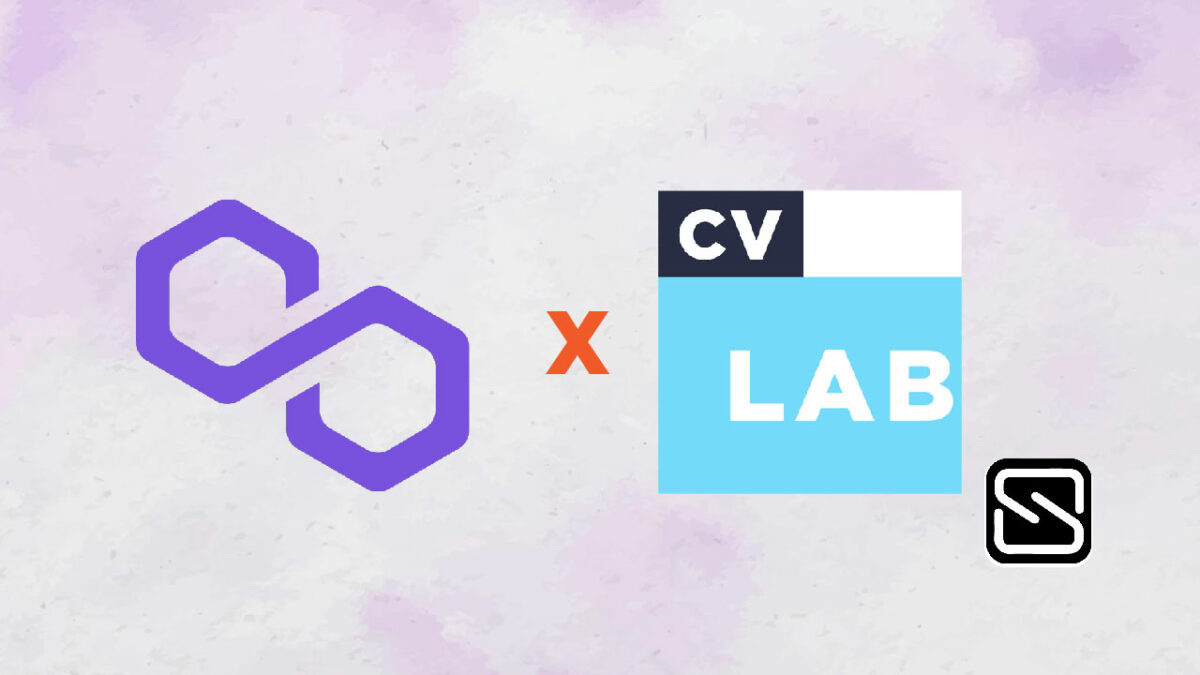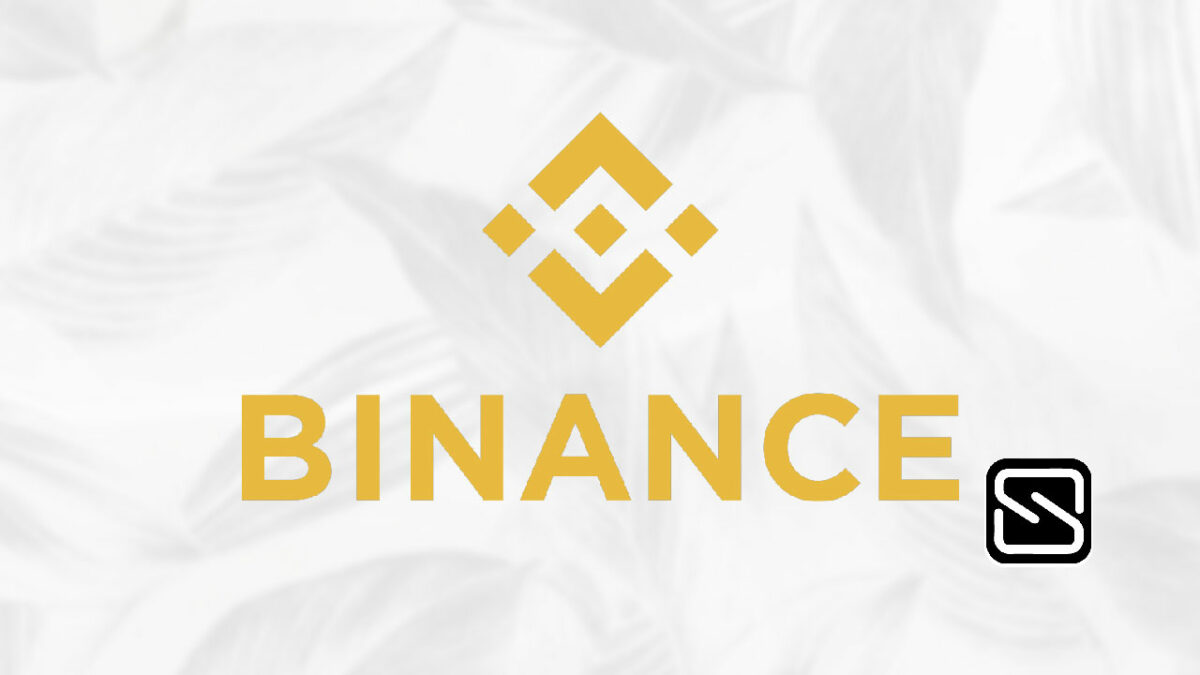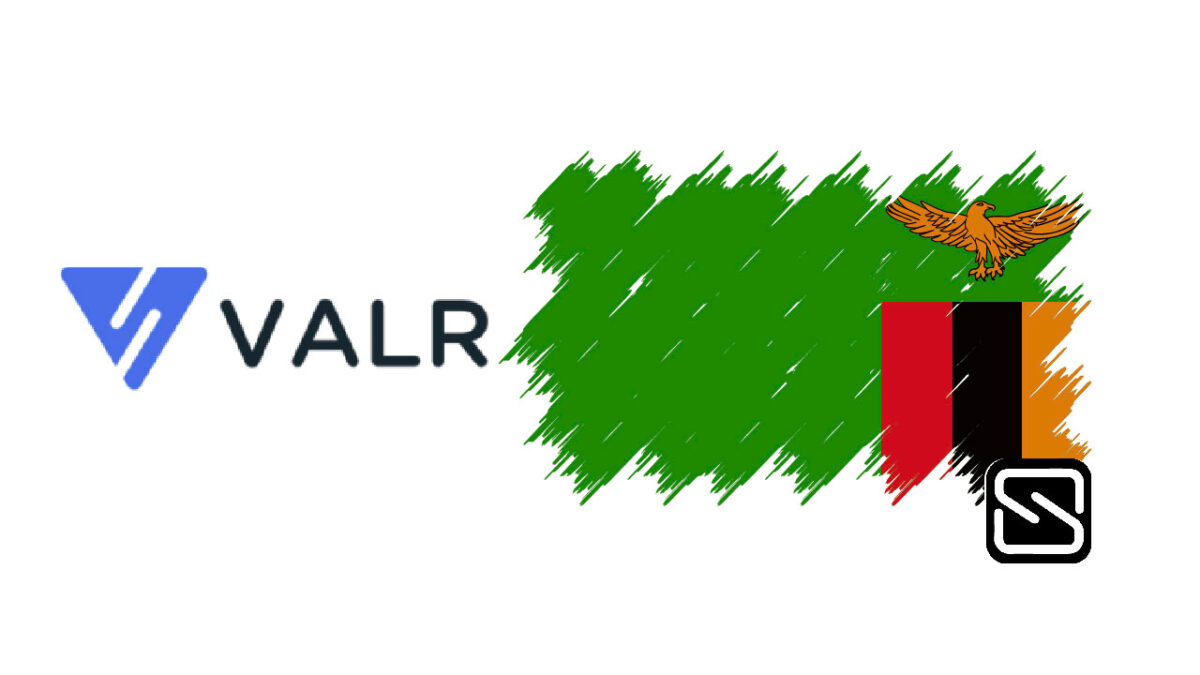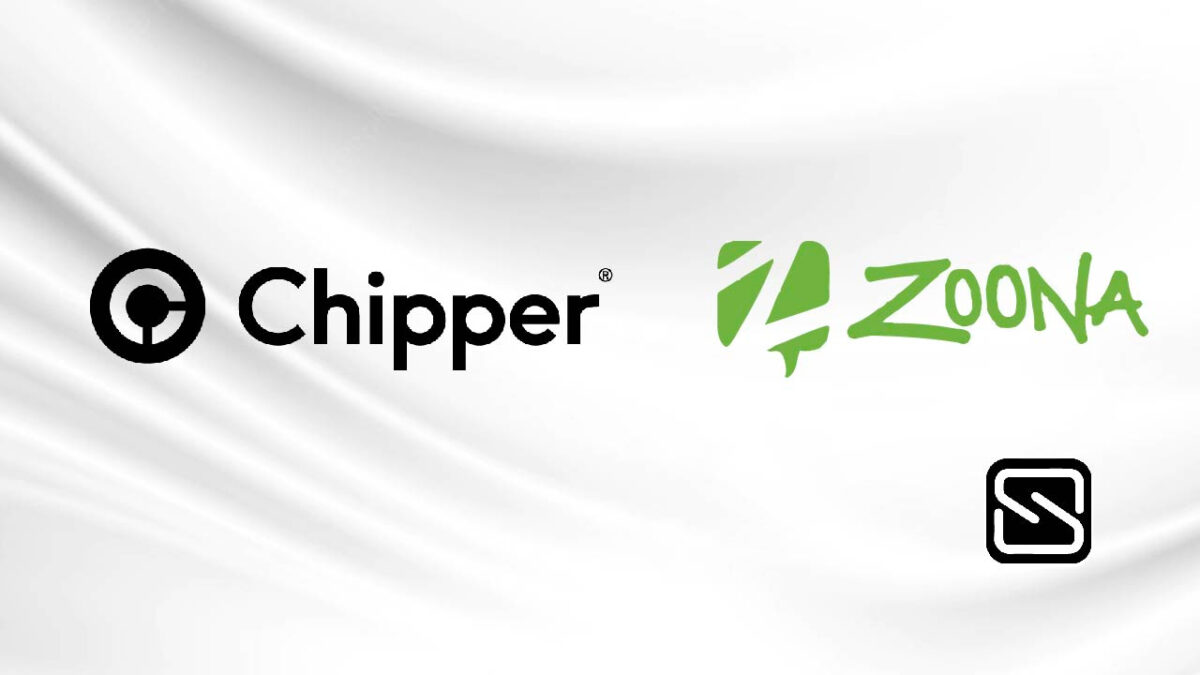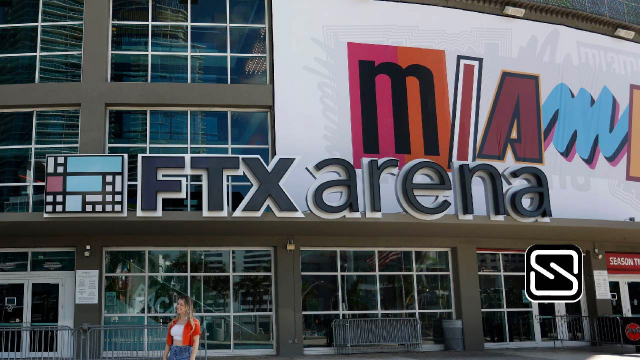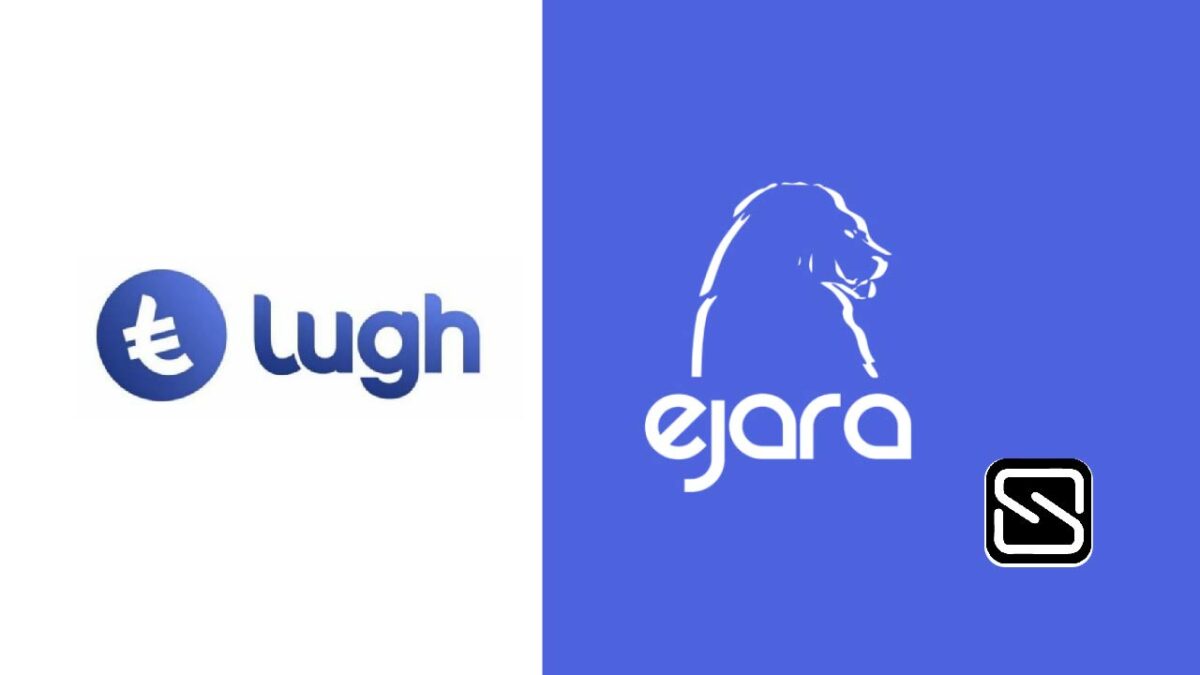The International Monetary Fund (IMF) recently emphasized the growing need for greater regulatory initiatives for cryptocurrencies in Africa as the continent experiences a tremendous increase in adoption among institutional and retail investors.
The IMF cited the recent FTX collapse to highlight the risks of exposing investors to a largely unregulated cryptocurrency market. The global institution also noted that since there appears to be a global dearth of proper regulation, the African cryptocurrency scene appears to be lacking the most.
According to the IMF, regulating a highly volatile and decentralized system remains a challenge for most Governments, requiring a balance between minimizing risk and maximizing innovation.
“Only one-quarter of countries in sub-Saharan Africa formally regulate crypto. However, as our Chart of the Week shows, two-thirds have implemented some restrictions, and six countries, that is to say, Cameroon, Ethiopia, Lesotho, Sierra Leone, Tanzania, and the Republic of Congo have banned crypto. Zimbabwe has ordered all banks to stop processing transactions and Liberia directed a local crypto startup to cease operations (implicit bans),” The IMF added.
Also, the Central Bank of Liberia ordered a local crypto startup to desist from promoting its digital asset products in May last year, noting that it is illegal in the country.
Many African countries have implemented bans and regulations on crypto, however, these have only forced local investors to resort to black market trades as they seek to circumvent them, exposing investors to more damage.
Additionally, most African countries that have placed a form of restriction on cryptocurrency have cited risks to financial stability and the possibility of its usage for illegal finance, such as money laundering and terror financing.
Amidst these bans and uncertainties, the Central African Republic stands out with its reception of cryptocurrencies. In April, the country became the first African nation to adopt BTC as legal tender, and the second in the world, after El Salvador.
Due to the adoption of rules that govern the sector and create a crypto hub in Africa, the Central African Republic continues to be the continent’s most crypto-friendly nation. The nation introduced the “Sango Coin” in this regard in July.
As these bans have done little to dampen investor interest, they have exposed cryptocurrency users to greater risks. In light of the FTX implosion and the sharp volatility that ensued, proper regulation has become a necessity now more than ever.

